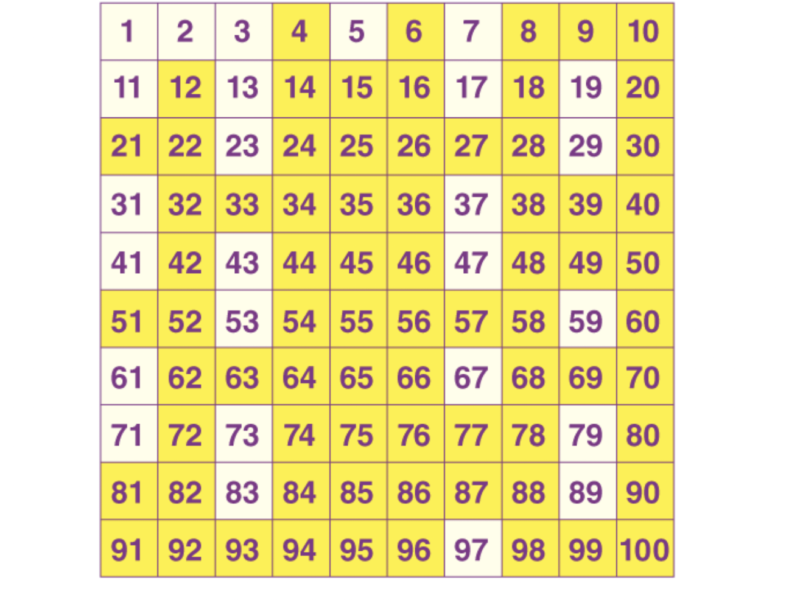Any number having greater than two factors is known as composite number. Such numbers are also known as composites. These numbers are also defined as the numbers generated by multiplying the smallest positive integers. Let me tell you a very interesting fact about composite numbers: any number on the number line which is not a prime number is also known as composite numbers as it can be divided by greater than two numbers. Some of the examples of these numbers are as follows; 8, 16, 45, 80, etc. In this write-up, we will try to understand some basic concepts about composite numbers such as properties and types of composite numbers. Before discussing composite numbers, let us understand odd numbers too.
Properties of Composite Numbers
There are numerous properties of composite numbers, but some of them are very significant and are used very frequently. The following points mentioned below analyses the properties of composite numbers in a brief manner:
- Every composite number contains greater than two factors. For example, 12 is considered as a composite number, its factors are 1, 2, 3, 6, and 12. Let us see one more example, 10 is a composite number, its factors are 1, 2, 5, and 10.
- These numbers are evenly divisible by their factors, which basically signifies that the result of the remainder of a composite number will always be zero (0).
- Every composite number is the factor of itself.
- The smallest composite number is 4.
- Every composite number will have at least two prime numbers. For example, 10 is a composite number and it has two prime numbers as factors that are 2 and 5. 15 is a composite number and it has two prime numbers as factors namely, 3 and 5.
- Each composite number can be divided by the other composite number.
Types of Composite Numbers
There are mainly two types of composite numbers, odd composite numbers, and even composite numbers. Let us discuss them briefly:
- Odd Composite Number or Composite Odd Number: Each and all odd integers that are not found to be prime numbers are known as composite odd numbers. Let’s look at a few examples: example, 9, 27 etc.
- Even Composite Number or Composite Even Number: All the even integers which are not prime numbers are called even composite numbers. Take some examples like 10, 12, 16, etc.
Odd Numbers
Any number that can’t be divided by 2 evenly is known as an odd number. At the same time, these numbers cannot be divided into two separate integers as well. Some of the examples of odd numbers are as follows, 9, 11, 13, 15, 17, etc. Odd numbers are exactly the opposite of even numbers. In the number line, the number ‘1’ is the first positive odd number.
Types of Odd Numbers
There are mainly two types of odd numbers that are generally discussed. Let us discuss them using some examples:
- Consecutive Odd number: Let us assume that ‘a’ is an odd number, then ‘a’ and ‘a + 2’ are regarded as consecutive odd numbers. To understand it in a better way, let us take some examples of it; 9 and 11, 27 and 29, 7 and 9 are the consecutive odd numbers. There are negative consecutive odd numbers as well such as; -7 and -9, -11, and -13.
- Composite Odd number: Any number that is generally formed by multiplying two small positive integers or multiplying the number with one is known as a composite odd number. The examples of composite odd numbers are as follows; 27, 99, 21, 27, 25, etc.
If you want to learn more about composite numbers and the huge world of the real number system in a fun and interactive way, visit Cuemath. It provides students with live one-to-one interaction with the best teachers who focus extensively on concept clarity and makes Math a fun subject.

